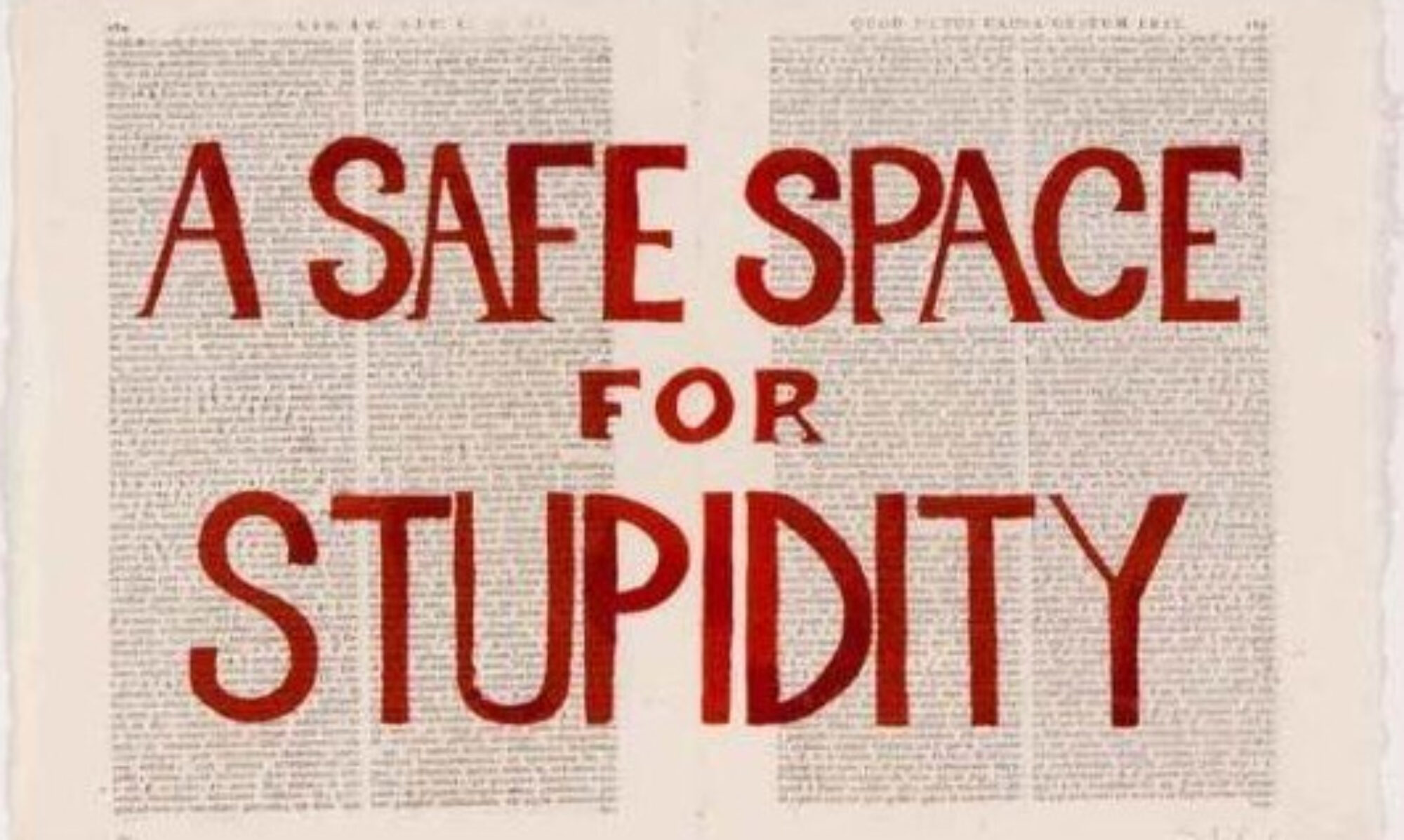[Declaration of interest: Kirsty McCluskey is a friend of mine, and I read the book in various drafts.]
Ruritania is not Greeneland, but the Catholic geology of both should be mined properly, if it is to be mined at all. Kirsty McCluskey’s new novelette, The Royal Confessor, is built around the relationships between the ailing monarch of Santa Teresa, his niece, and his Jesuit confessor. Fernand, veteran of Borodino, is prey to some unnamed terror which increasingly extreme religious devotions cannot ease; Sophie, his widowed niece, lives on the charity of the royal household, where the heir apparent Lucien is powerless to protect the island’s autonomy secured by Fernand’s skillful diplomacy decades earlier; Father Neri, the confessor, can offer no consolation to the old soldier, but duty obliges him to come when called.
Catholicism has taken on some of the otherness once reserved for distant tribes of which we knew only that we ruled them, and can be an easy gimmick for a lazy writer. This is especially true of confession (strictly the Sacrament of Penance), whether the use of the `seal’ to set up a thriller, or as a form of therapeutic talking cure (“Fr Eud will see you now.”).
The (A) point of Penance, which distinguishes it from secular therapies, is the relationship to the world outside the penitent. Simply unburdening oneself of one’s concerns is not enough: to be fully reconciled, after forgiveness, the penitent accepts some penance which is commensurate with the sin. Fernand has seen and done terrible things at Borodino; he wants his confessor to reconcile him with his God; his confessor can find no way to bring him to confess the sins which weigh upon him; no penance is possible.
Among the pleasures of the book, then, is an intelligent fictional treatment of a genuine dilemma, and probably one which has been set as an essay question in theology exams: how to absolve a penitent who will not confess his sin. Fernand believes himself damned, but cannot take the only refuge open to him; Neri does not believe him damned, but cannot offer him the only consolation of worth.
